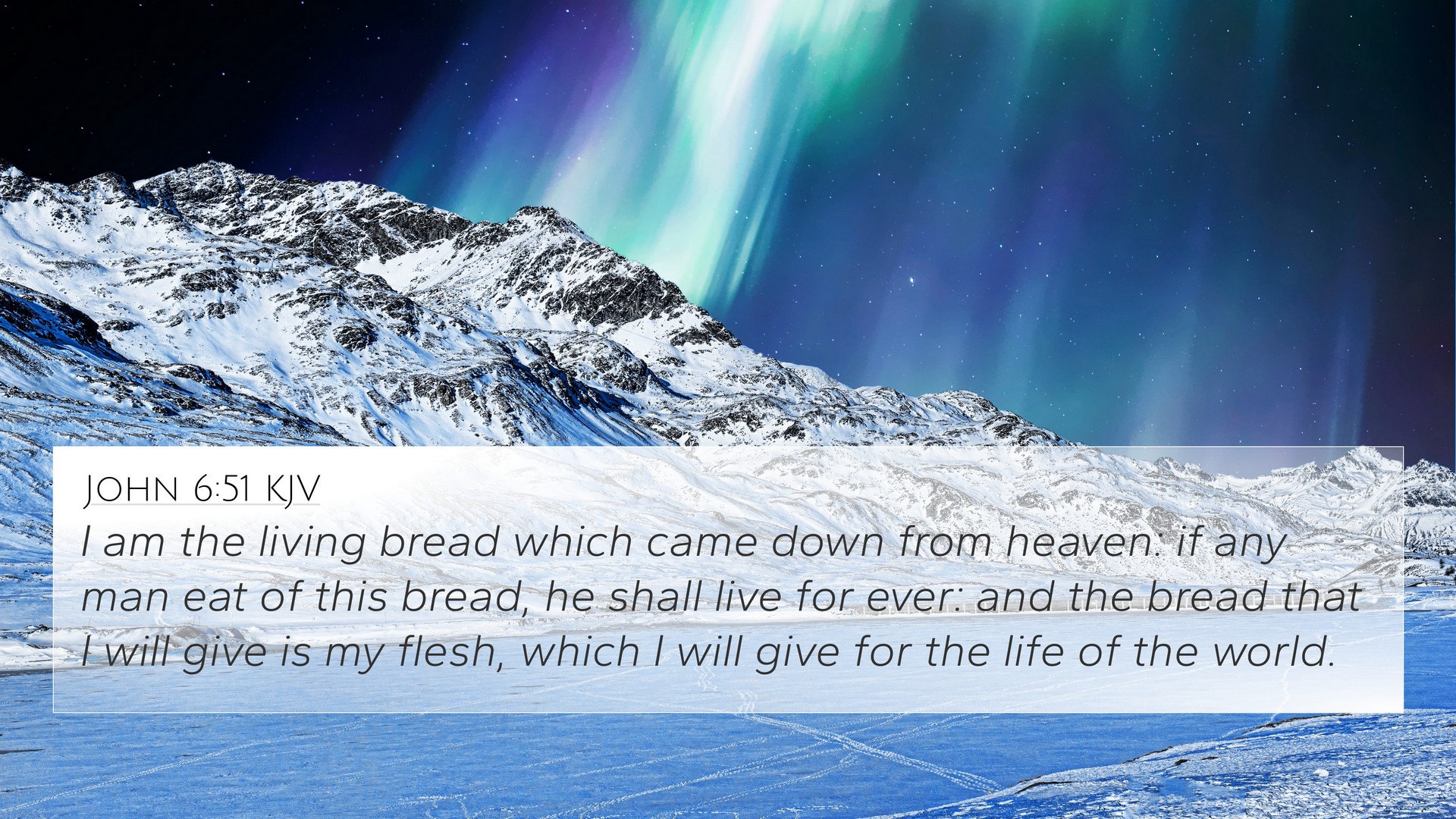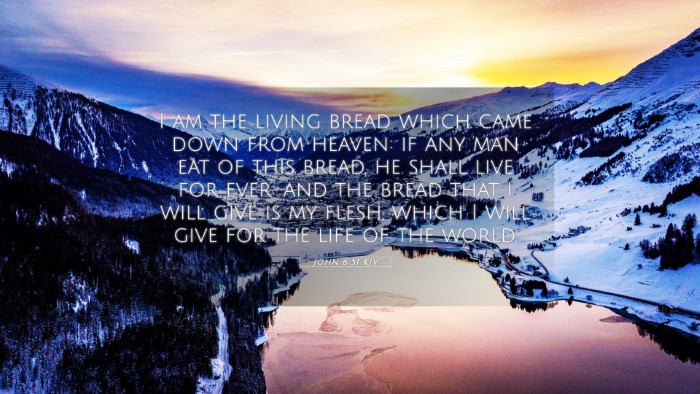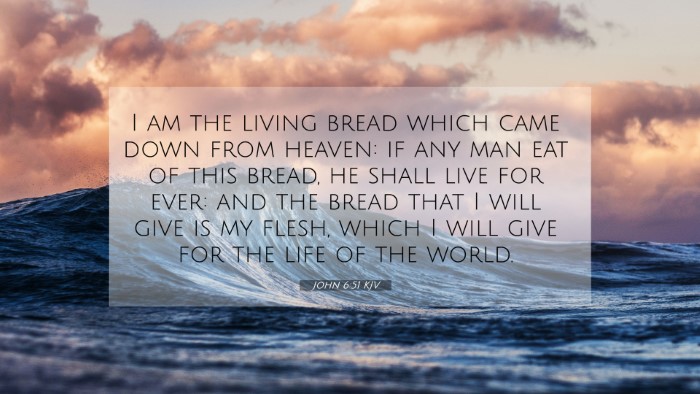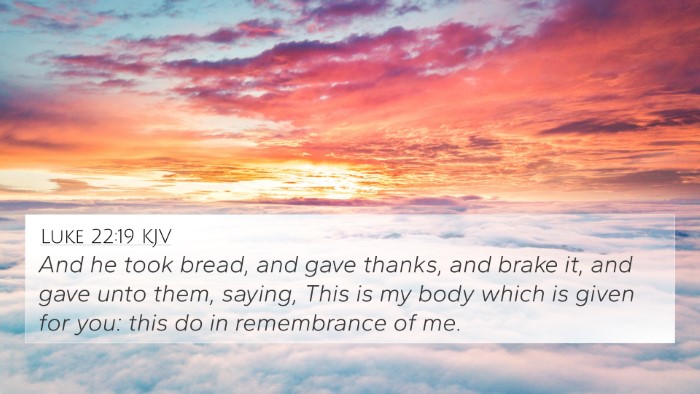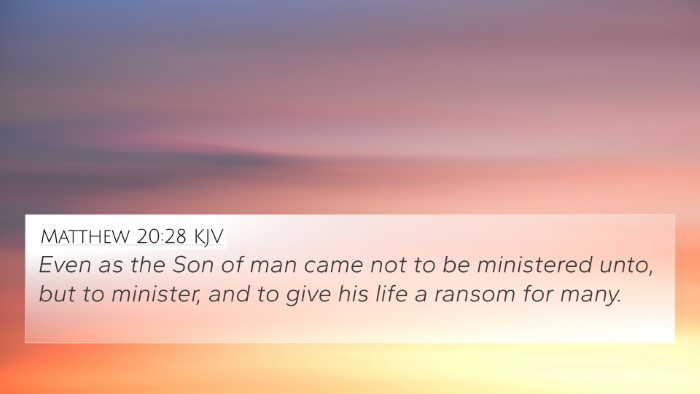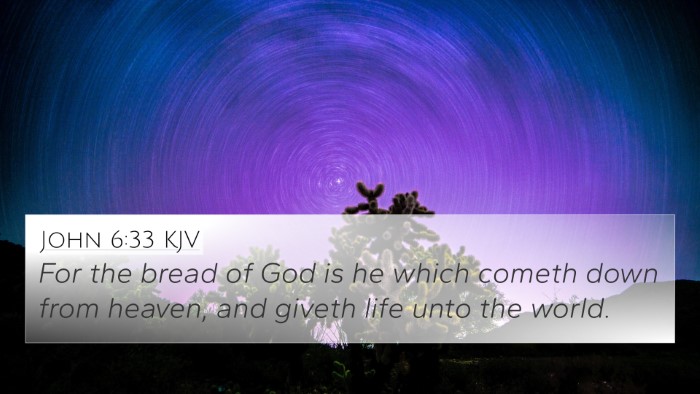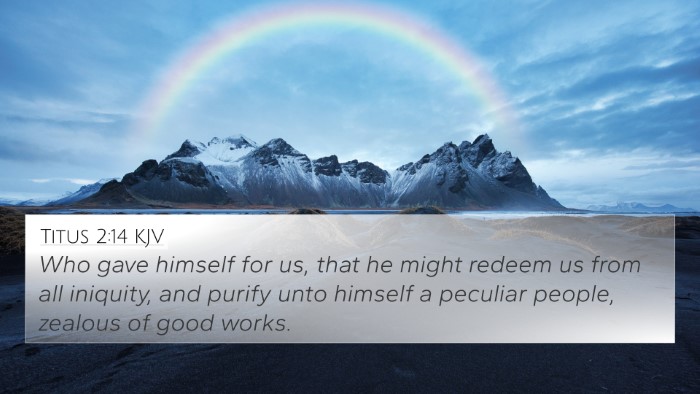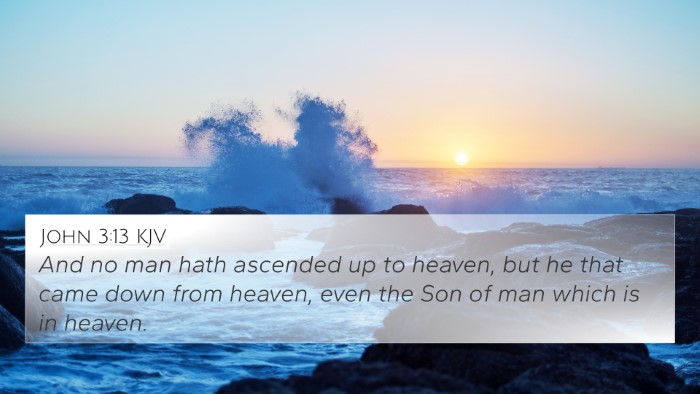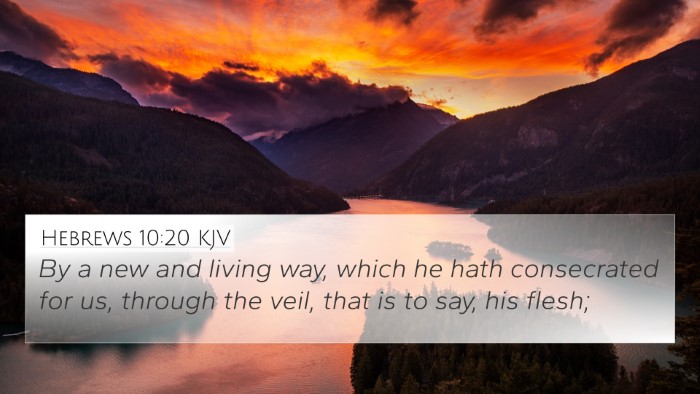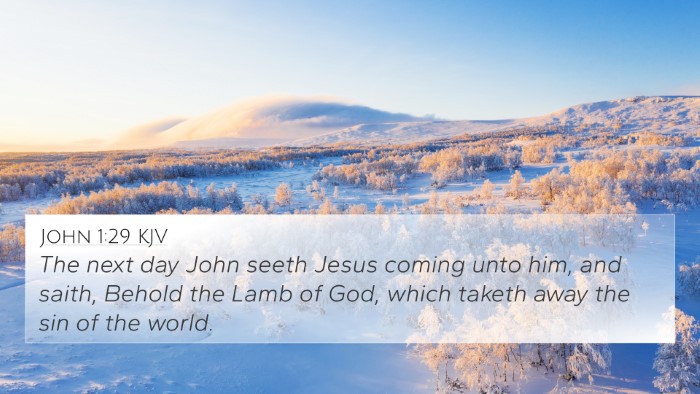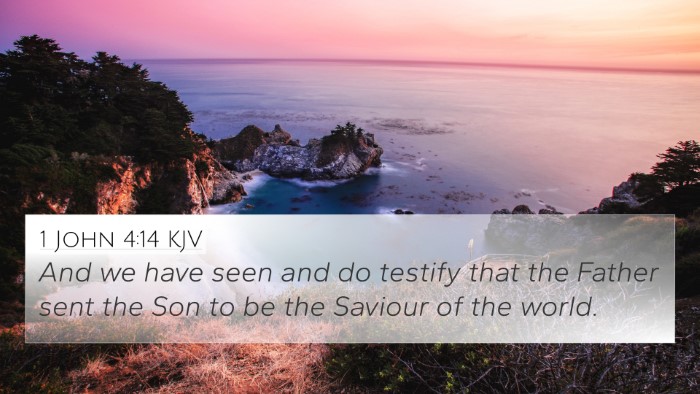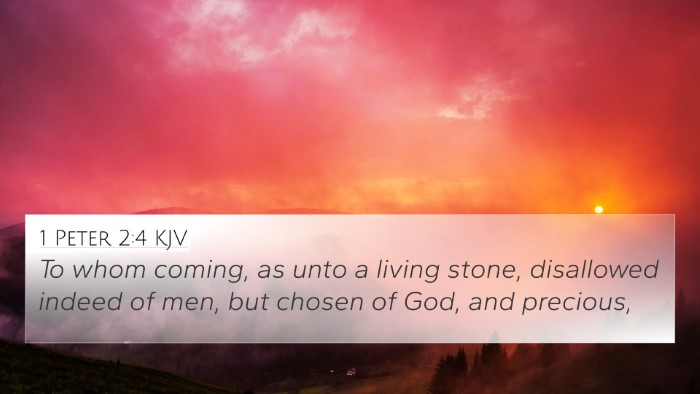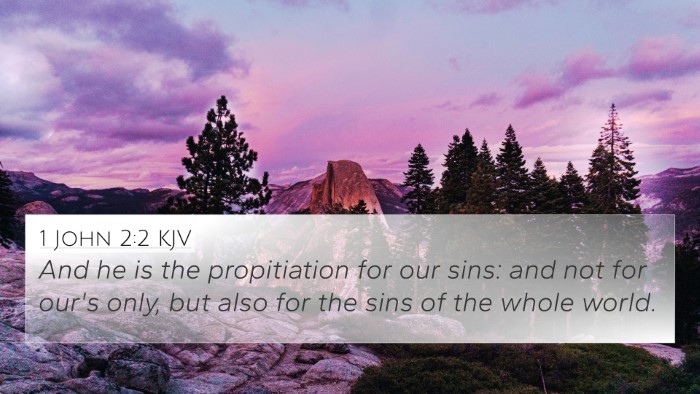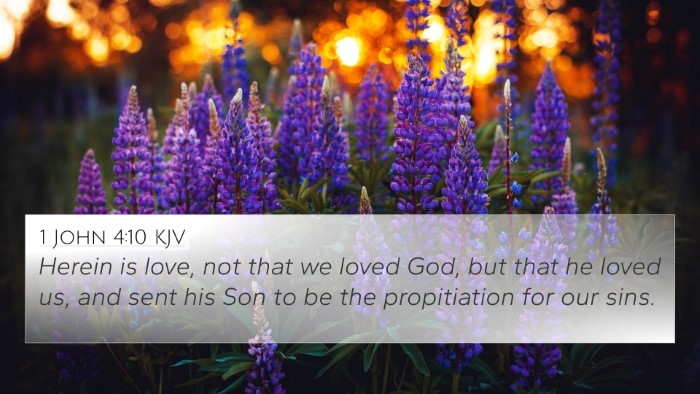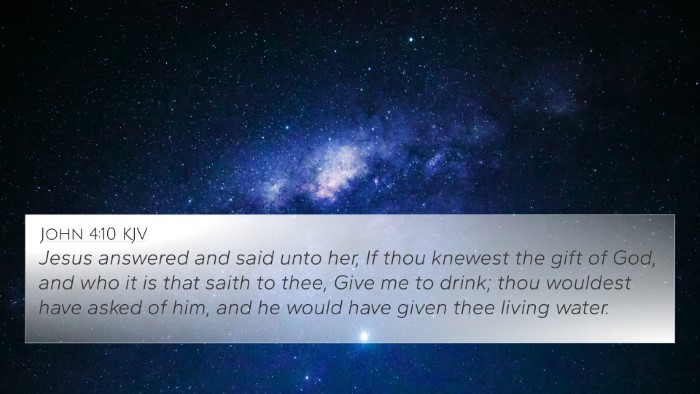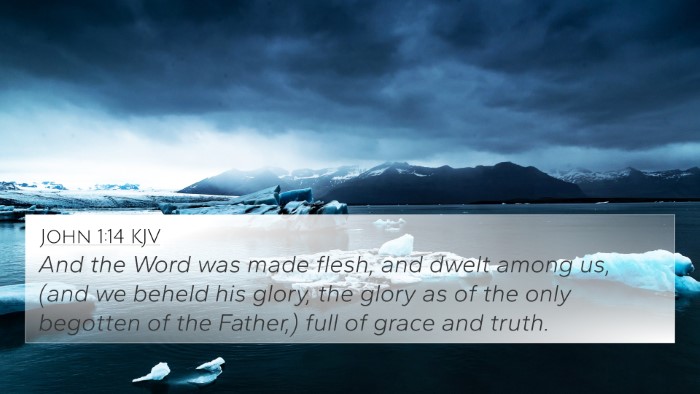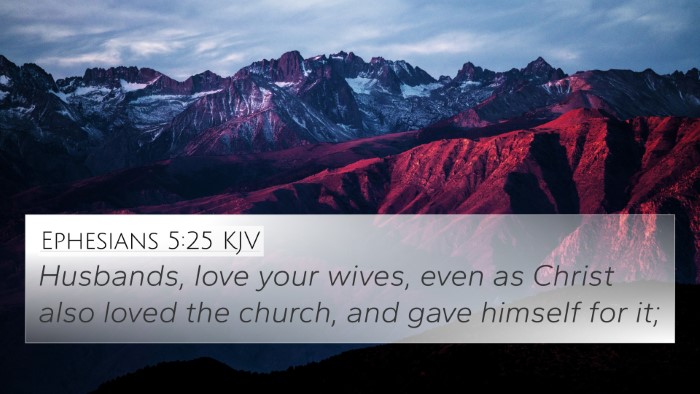Understanding John 6:51
John 6:51 states, "I am the living bread that came down from heaven. If anyone eats of this bread, he will live forever. And the bread that I will give for the life of the world is my flesh." This profound statement by Jesus encapsulates elements of His divinity and humanity, highlighting the importance of His sacrificial role for humanity’s salvation.
Verse Meaning Summary
In John 6:51, Jesus presents Himself as the "living bread." Here, He draws a parallel between physical sustenance and spiritual nourishment. The use of the term "living" suggests that this bread imparts eternal life, distinguishing it from earthly bread, which is temporary. The phrase "that came down from heaven" emphasizes His divine origin, underscoring His role in spiritual redemption.
Insights from Public Domain Commentaries
Matthew Henry’s Commentary
Matthew Henry expounds on this verse by explaining that the "living bread" symbolizes Christ's essence, which nourishes the soul and imparts eternal life. He draws attention to the necessity of faith in Christ; eating this bread signifies a believer's acceptance of Jesus and His redemptive work. Henry also connects this to the concept of the sacrificial Lamb, alluding to the overarching sacrificial system in the Old Testament.
Albert Barnes’ Notes
Albert Barnes notes that Jesus' declaration serves to clarify His mission and purpose. The bread of Jesus is distinct because it is given for the life of the world, pointing to His impending crucifixion. He emphasizes that this passage invites all to partake in spiritual life through faith. Barnes connects this with a broader theological theme of bread as a representation of God’s provision for humanity, similar to the manna given in the wilderness (Exodus 16).
Adam Clarke’s Commentary
Adam Clarke highlights the importance of the term "flesh," noting that it represents Jesus' willingness to give Himself wholly for mankind. Clarke emphasizes Jesus' dual nature as both fully divine and fully human, reinforcing the idea that His fleshly sacrifice is essential for salvation. He suggests that this verse also invites believers to a deeper relationship with Christ, urging an understanding of the importance of communion and unity with Him in faith.
Bible Verse Cross-References
- Exodus 16:15: Refers to God providing manna in the wilderness.
- John 3:16: Speaks of God giving His Son for the world’s salvation.
- 1 Corinthians 11:24: Paul recounts the Last Supper, reflecting on Jesus' body broken for believers.
- John 6:48: Jesus declares Himself as the bread of life.
- Romans 8:32: Discusses God not sparing His Son for humanity’s sake.
- Hebrews 10:20: Speaks of Jesus' flesh as a new and living way to God.
- Matthew 26:26: Another account of Jesus instituting the sacrament of communion.
Thematic Connections and Cross-Referencing
This verse indeed opens numerous connections within scripture:
- Comparative Bible verse analysis: Themes of nourishment and sustenance recur throughout scripture. For instance, Psalms often reflect on God as the ultimate provider.
- Linking Bible scriptures: John 6:51 can be linked to various Old Testament references regarding bread and sacrifice, illustrating the consistency of God's redemptive plan.
- Bible verses that relate to each other: The motif of bread as representing life runs parallel to Jesus as the "light of the world," as indicated in John 8:12.
Understanding through Inter-Biblical Dialogue
John 6:51 serves as a critical juncture in understanding the relationship between the Old and New Testaments. The foundational concepts introduced in the Mosaic Law are brought to fulfillment in Christ's teachings.
How to Use Bible Cross-References
When studying John 6:51, employing a Bible concordance or a Bible cross-reference guide can enhance your understanding by illustrating how different verses illuminate and reinforce the main themes presented in this passage. Methods such as cross-referencing Bible study can offer richer insights into the connections between Jesus as the bread of life and the Old Testament sacrificial system.
Conclusion
The statement of Jesus as the "living bread" in John 6:51 encapsulates profound theological themes surrounding sacrifice, communion, and eternal life. Understanding this verse through the lens of various public domain commentaries enhances our appreciation of its significance while integrating it with other biblical texts through careful cross-referencing. This approach fosters a more holistic understanding of scripture, allowing for enriched personal and communal study.
